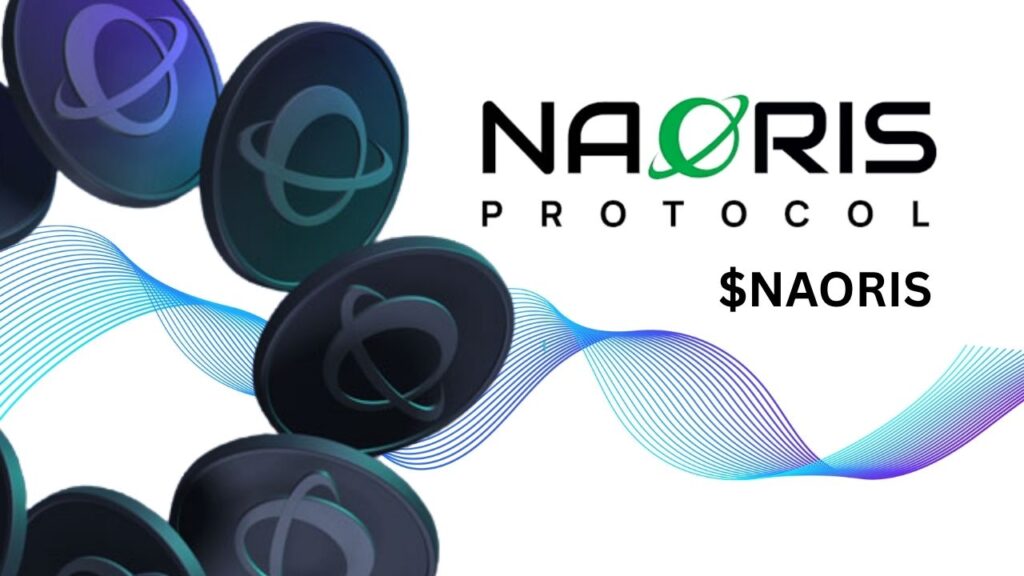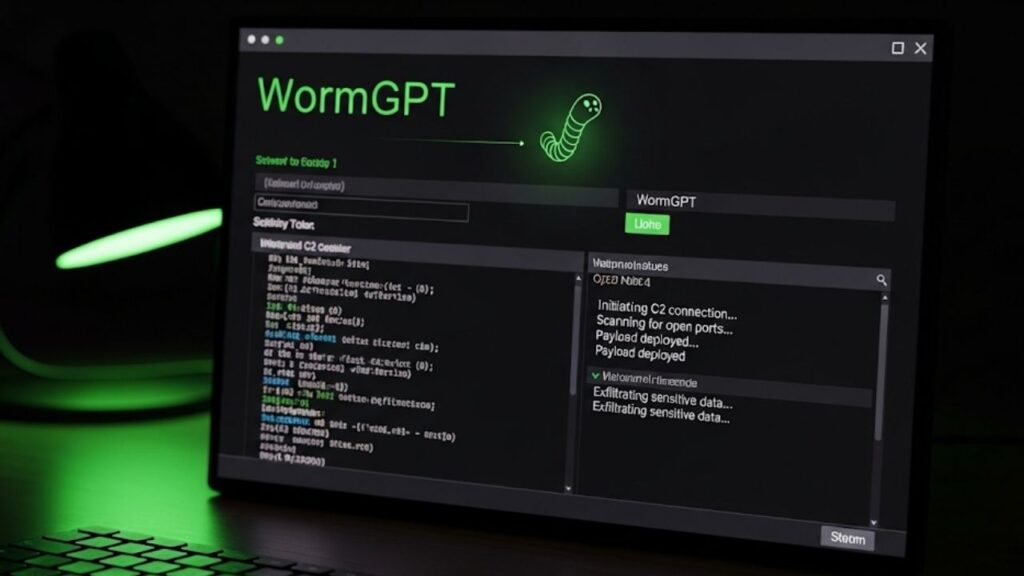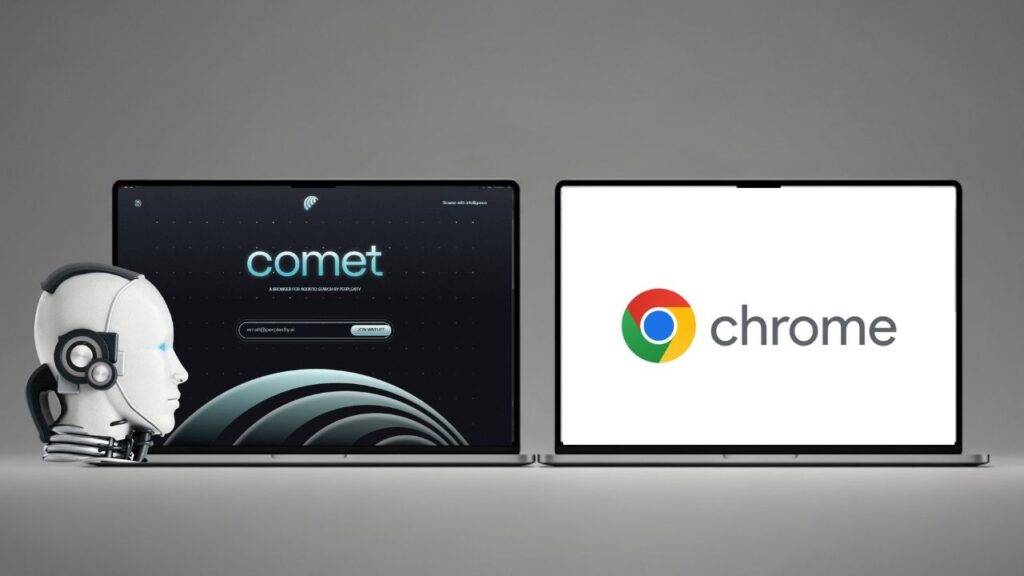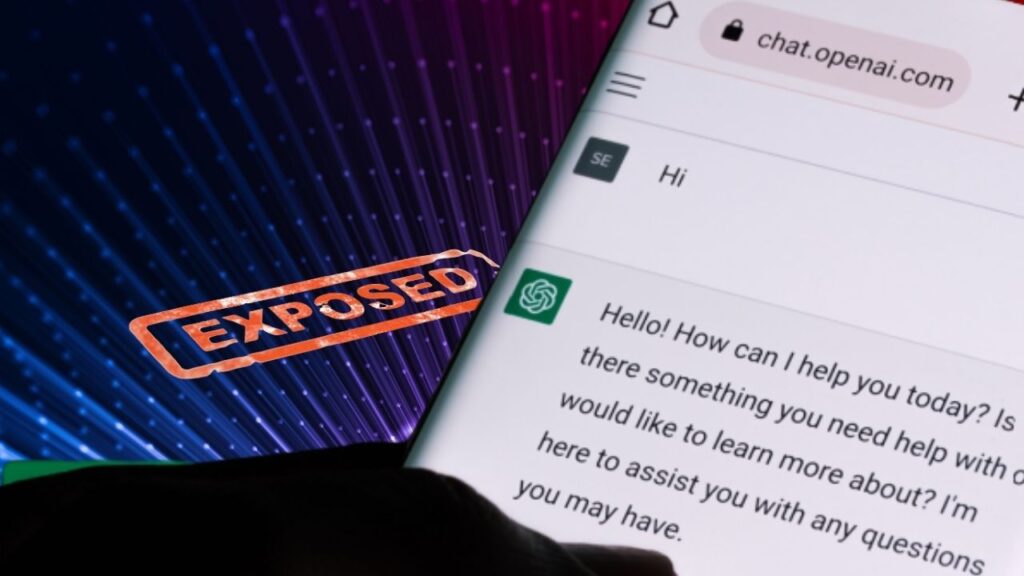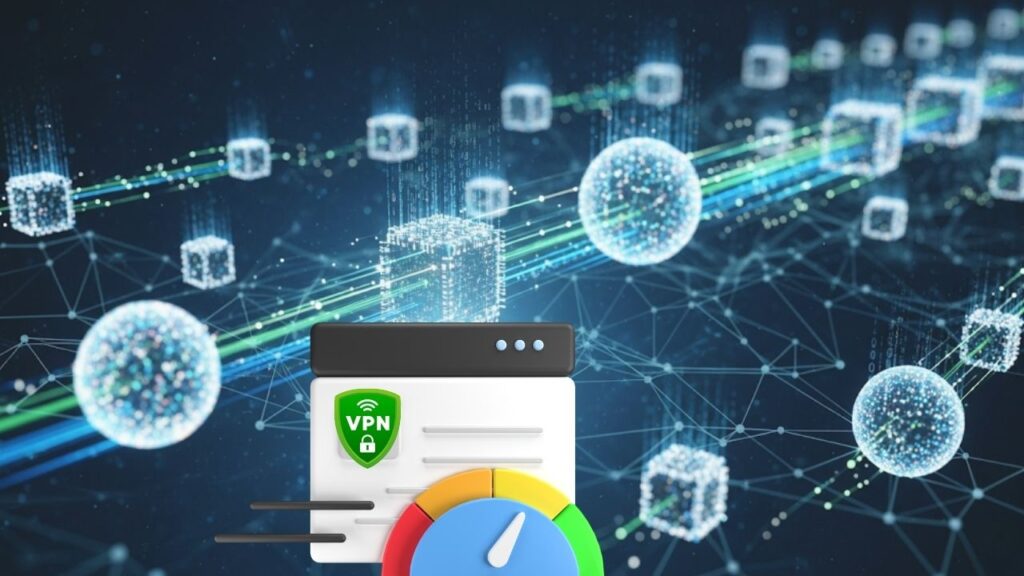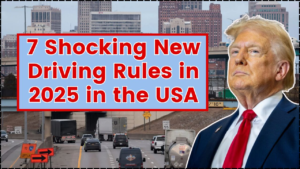North Carolina drivers can now renew their standard licenses entirely online, thanks to a new North Carolina DMV online renewal law signed earlier this month. The measure, part of Senate Bill 245, allows eligible residents to complete a second consecutive license renewal without visiting a Division of Motor Vehicles (DMV) office — a change officials say could save hundreds of thousands of in-person appointments each year.

Table of Contents
New Law to Let Drivers Renew Licenses
| Key Fact | Detail |
|---|---|
| Law signed | October 7, 2025 |
| Applies to | Standard (non-REAL ID) Class C licenses |
| Est. impact | Up to 400,000 fewer DMV visits annually |
| REAL ID online eligibility | Only if prior in-person photo taken |
| Teen drivers | May upgrade provisional license online |
A Modern Convenience for Drivers
The new law is designed to reduce congestion at DMV offices that have struggled with long wait times in recent years. According to the North Carolina Department of Transportation (NCDOT), the change will enable most standard-license holders to renew online twice in a row — effectively extending the period between in-person visits to up to 16 years for some drivers.
“This is a practical, technology-driven reform that improves service for our residents,” Governor Josh Stein said during the signing announcement. “By letting more people renew online, we’re saving time and resources for everyone.”
The measure also allows certain teen drivers to upgrade from a Level 2 limited provisional license to a Level 3 full provisional license online, eliminating one of the more common reasons young drivers had to visit DMV offices.
How the Online Renewal Works
Under the new policy, eligible residents can log into the NCDMV’s official portal to renew their driver’s license. They must verify their personal information, confirm no medical or legal restrictions, and pay standard renewal fees. A new license is then mailed to the address on record.
However, REAL ID license holders — those with the federally compliant identification standard — can renew online for a second consecutive time only if they have had an in-person transaction since their last renewal in which a new photograph was taken. Residents without such a visit must still appear in person for their next renewal.
The DMV clarified that state identification card holders are not yet eligible for consecutive online renewals under the new statute.
Legislative and Operational Context
The bill was part of a broader modernization initiative supported by both state lawmakers and the North Carolina Department of Motor Vehicles. Lawmakers said the measure reflects lessons learned from the COVID-19 pandemic, when emergency online-service expansions proved popular and efficient.
Wayne Goodwin, Commissioner of Motor Vehicles, said the reform “helps us bring the DMV into the 21st century.” He added, “Reducing in-person traffic by nearly half a million visits each year allows us to better serve customers who must appear in person, such as new residents or those obtaining their first license.”
The legislation aligns with the North Carolina General Assembly’s ongoing effort to improve state services through digital transformation. Previous DMV updates included the launch of a mobile app, online appointment scheduling, and self-service kiosks in select counties.
Reactions and Public Response
The public response has been broadly positive. Residents in rural areas, where the nearest DMV office can be more than 40 miles away, welcomed the change. Advocacy groups for older adults also praised the measure but urged the state to ensure that seniors unfamiliar with online systems receive adequate support.
“This change will make life easier for many North Carolinians,” said Martha Graves, a retired teacher from Johnston County. “But we also need clear guidance for people who don’t have internet access or aren’t comfortable using technology.”
Local county clerks have also expressed cautious optimism, noting that reduced in-person workloads could shorten wait times for complex cases, including title transfers and license reinstatements.
Comparison with Other States
North Carolina joins more than 30 U.S. states that now permit some form of online driver’s license renewal. States like Virginia, Florida, and California have offered multiple online renewals for several years, though eligibility rules vary.
Transportation analysts say such policies reduce administrative costs and can enhance road safety by freeing DMV staff to focus on high-risk cases, such as drivers with medical restrictions or recent traffic violations.
However, experts caution that digital access gaps — particularly in rural or low-income communities — may limit the benefits for some groups.
Dr. Elena Harris, a public administration professor at North Carolina State University, said, “The success of these digital reforms depends on equitable access and clear communication. It’s not just about convenience; it’s about ensuring inclusivity.”
Related Links
FDA Flags Major Cholesterol Drug Recall After Safety Issues Reported
Winn-Dixie Begins Major Shake-Up, Closing and Selling More Than 30 Stores
Broader Impact and Next Steps
According to NCDOT projections, online renewals could divert as many as 400,000 in-person transactions per year to digital platforms. DMV offices will continue to offer walk-in and scheduled appointments, but officials expect noticeable reductions in queue times by early 2026.
The law took effect immediately upon signing, and the DMV is already processing applications through its website. Additional updates to include REAL ID consecutive renewals and teen license upgrades are expected in the coming weeks.
Looking Ahead
The new North Carolina DMV online renewal system marks a significant step toward modernizing the state’s transportation services. While implementation challenges remain — particularly in ensuring equal digital access — officials say the change will ultimately benefit both residents and government efficiency.
As Commissioner Goodwin put it, “This is not just a technological upgrade; it’s a commitment to better service.”


